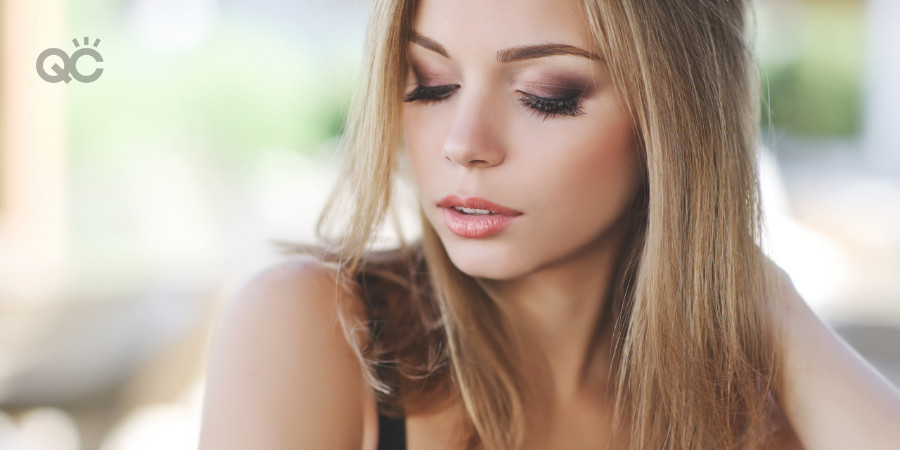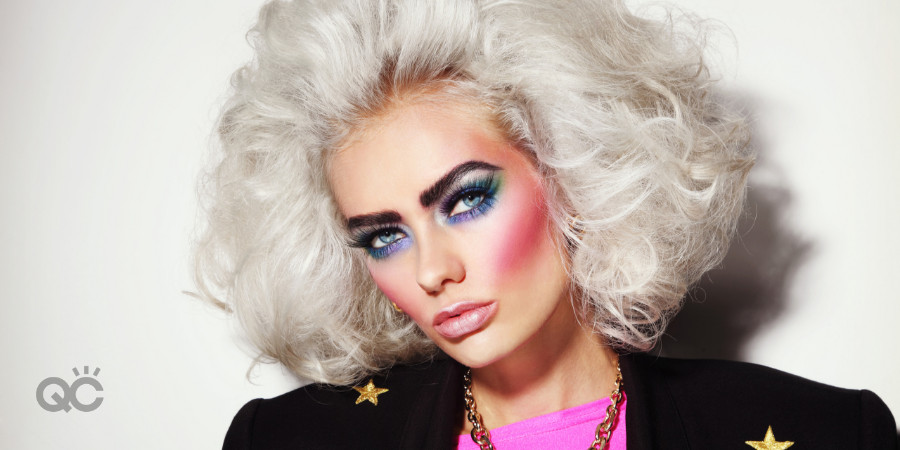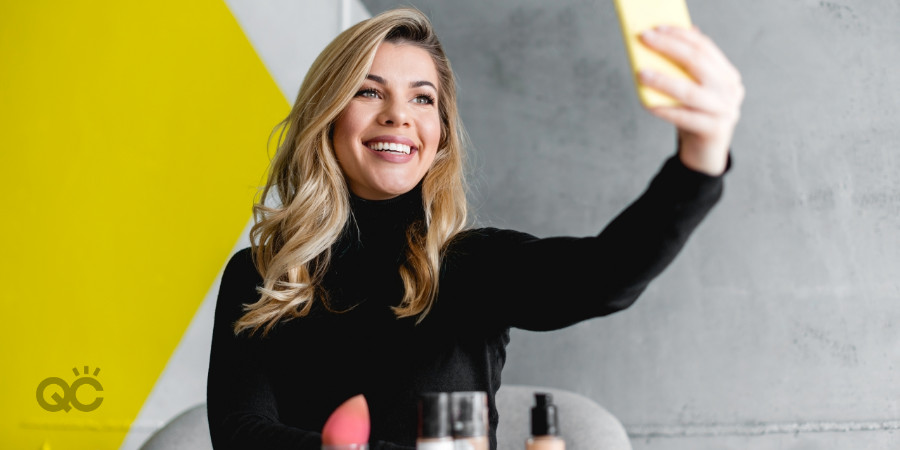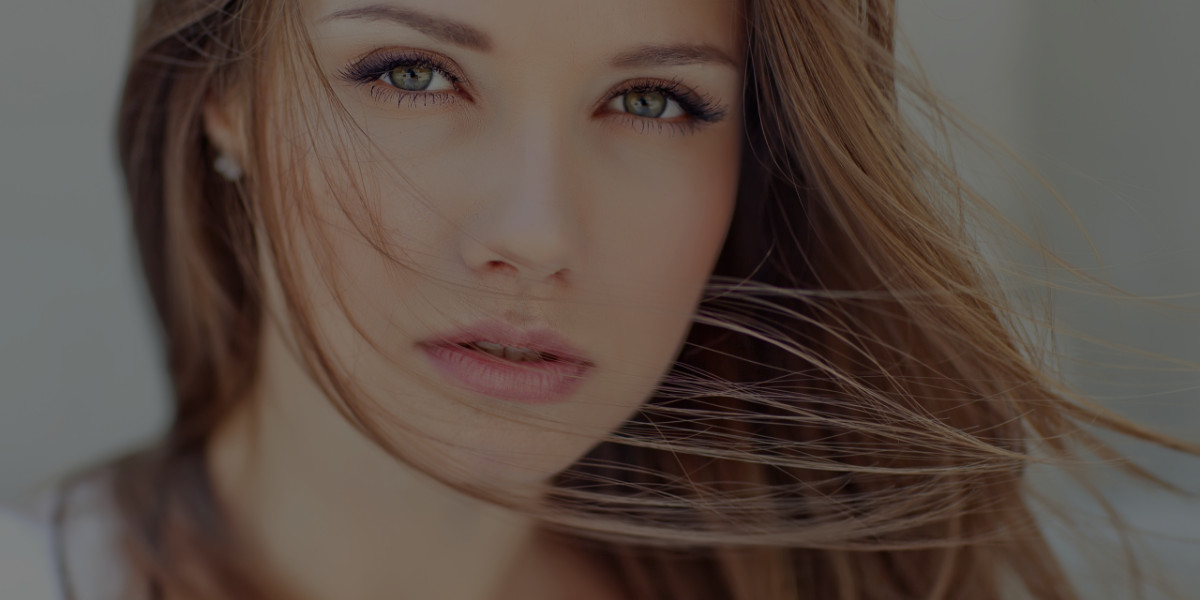I’ve always pondered the idea of the self-taught makeup artist. Self-taught makeup artists require months and years of study, practice, and experimentation. Their resources include trusted makeup manuals and guides penned by the masters in the field. It is a rigorous study of learning techniques and putting them into practice on an arsenal of diverse clients.
In this day and age, that definition has slackened. Those who’ve developed a keen ability to duplicate, stroke by stroke, copies of the “looks” of social media influencers, now call themselves self-taught artists. I would like to shine a light on what it means to be a qualified, professional makeup artist.
Here’s some food for thought on the term and the validity of a “self-taught artist”.

Copy-cat artists
Makeup is an art. At its finest, an artist knows hundreds of techniques with thousands of variations on them. They know how and why to combine elements to highlight the unique features of their client. To accomplish this, a professional artist must dedicate hours to learning the most basic techniques at a minutia level. Then, applying and experimenting with these techniques on countless faces.
At its core, social media works on the concept of look-based application. A person does a step-by-step tutorial, teaching the latest trends in medium to heavy makeup application. Although being able to duplicate a makeup from a tutorial requires a level of talent, memorizing and copying anything does not make one an artist.
A true artist is not copying. They’re always doing slight variations on what they’ve memorized to create new and unique looks based on the person in front of them. Copying a YouTube influencer or rushing toward a trendy look instead of mastering classic techniques, can create problems for an artist in the real world.
Makeup application on a global population
Not everyone has the same features as the person whose look you memorized. In the global population, an extraordinary amount of people have different eye shapes, eyelids, brow heights, etc. If you don’t understand the techniques of classic makeup application, and you work on somebody with features different than one you memorized the look on, you will likely be at a loss.

A master makeup artist can make any look work on any client because they understand application techniques at the most basic level. Classically trained artists have practiced all the variations of eyeliner, eye shadow, blush, and lip techniques like a pianist practices their scales. Through practice, techniques are mastered and creativity unlocks. After doing a basic technique five hundred times, you’ll naturally starts to see greater possibility with it. Not only will it be perfect and precise every time you do it, it will become the starting point of many technique variations.
Trends vs Real world demand
Social media demonstrates a particular style of makeup that doesn’t always reflect the real world. It conditions people to believe that makeup is usually dramatic, heavy, and/or highly rooted in trends. Social media makeup, however beautiful, is often more about the bold and the pop than it is the subtle nuance of enhancing a woman’s natural features.
Classic makeup application teaches this enhancement. Even if your goal is to be a social media influencer, it still pays to learn the classic techniques. When you know classic techniques and teach them in the looks you create, you’ll be leagues above your competitors. If your goal is to work makeup jobs in the industry, it’s best to understand what’s happening outside the influencer bubble.

Trends change fast
Learning makeup in a trend-based setting can quickly make your makeup dated or clownish. Trends change fast—especially in makeup! To get the most out of any trend, add it artfully with a light hand. Going full force and making a whole look just form trends—super bold brows, dramatic eyes, deep lip, heavy foundation, and heavy contour and highlight—runs the risk of making the person look like a clown a few years down the road.
When you add a trend tastefully into a classically applied makeup look, it makes a statement without slapping people in the face with it. It pays to know the differences between trend and classic. If you don’t, it’s easy for trends to become part of your regular repertoire instead of being gentle additions. When trends stay past their time, an artist becomes dated.
The look vs. The art
When you take the time to learn classic techniques in makeup schools or by yourself, you’ll be on the road to makeup mastery. Since social media focuses on looks, not techniques, this is not something you can learn there.

Yes, the end result is the look. But it’ll be more beautiful and cohesive if you hand-selected the techniques to benefit and enhance your client’s features. Wouldn’t you want to build a look for your client based on technique rather than blindly copying someone else’s creation?
The take-home message
I think it is unfair to use the term “self-taught” on anyone who learns from social media. Why? Because their teachers don’t not offer feedback, don’t often understand classic techniques, and value trends and followers more than they do proper application.
A true self-taught artist should study and practice proven techniques from books by a variety of masters. These master artists include Kevin Aucoin, Bobbi Brown, Jemma Kidd, Robert Jones, and Scott Barnes. Learn and master classic techniques through makeup artist training with resources from the legends. Makeup artistry is more than copying, it’s a complex and beautiful combination of skills. Truly learning it is not for everyone, but those who do will start on a path toward a beautiful future in line with the masters.
